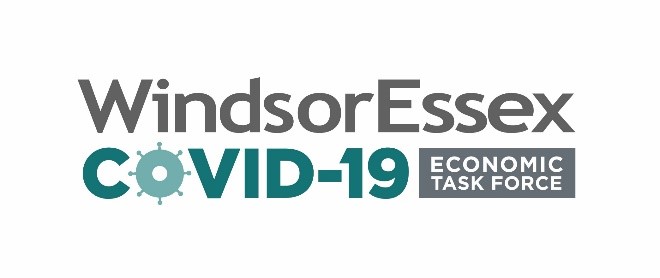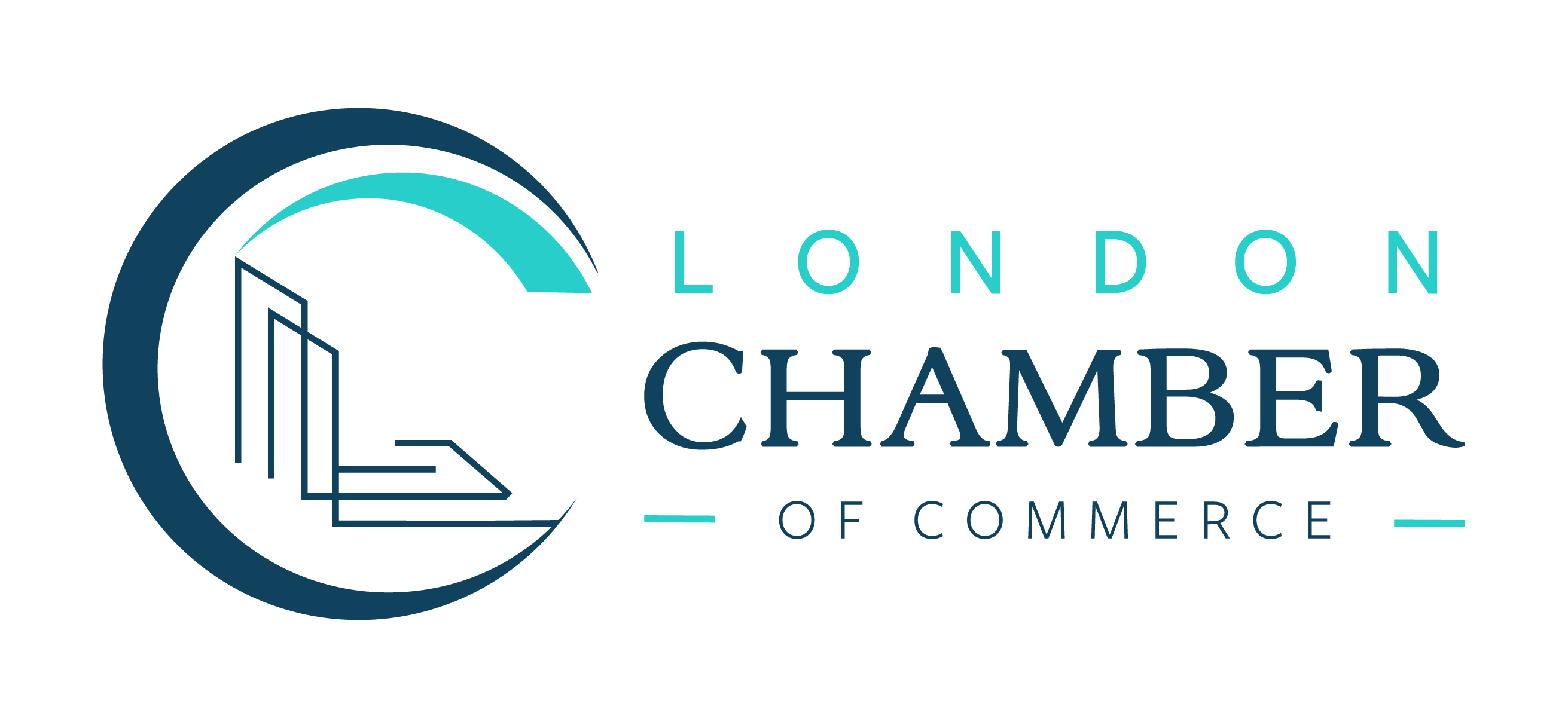
MEDIA RELEASE
Monday, July 27, 2020
CROSS-BORDER MANUFACTURING:
AN ESSENTIAL PART OF THE CANADIAN AND U.S. ECONOMIES
Thank you to all the cross-border essential workers who have continued
to help get us through the COVID-19 crisis.
Windsor-Essex County, Ontario, Canada – Monday, July 27, 2020 – As regional economies across Canada and the U.S.A. begin to open, the necessity to safeguard our borders and our communities from COVID-19 continues to be a priority. Also a priority is the importance of maintaining/facilitating economic trade between Canada and the U.S.A.
The Windsor-Essex COVID-19 Economic Task Force – through two of its Committees (Manufacturing and Logistics, Transportation and Cross-Border Issues), deliberated on how best to support the movement of business travelers who are critically important to the Region’s integrated supply chain. Led by the Canadian Association of Mold Makers, Automate Canada and the Canadian Tooling and Machining Association, the Manufacturing Committee worked with the WindsorEssex Economic Development Corporation and the Consulate General of Canada – Detroit to develop a suite of tools and actions to support business travelers crossing the border to maintain the manufacturing supply chain in North America.
One of the actions taken was the development of a comprehensive guidebook for crossing the border. The guidebook – “Cross-Border Tips for Manufacturing Sector Employees During COVID-19” – is intended to be an evergreen document to ensure that manufacturing employees cross the border with ease and remain safe when working in a cross-border environment. The guidebook is being released to the public today and is downloadable on the websites of all of the contributing partners.
Being unsure of the rules as they relate to cross-border work in a COVID-19 environment has left many employees vulnerable to mandatory 14-day self-isolation. The guidebook helps to create clear communications between the business traveler and the Border Services Officer(s) – preparing the traveler to answer key questions from the officer. The document will also ensure the business traveler is aware of the unknown risks they may be taking that could leave them subject to quarantine as well as their rights when crossing the border.
Additionally, the guidebook provides suggestions on how to stay safe when traveling and when abroad, either in the U.S.A. or Canada. It reviews the potential scenarios that an employee could encounter when crossing the border and suggests ways to make the border crossing experience easier and more efficient for both the employee and the Border Services Officer(s). The guidebook also contains essential information on how to self-monitor, how to quarantine, and what to do if COVID-19 symptoms develop.
Canadian manufacturing companies rely on a vibrant supply chain that enables the movement of goods and people to cross between the U.S.A. and Canada. Doing so safely within a COVID-19 context is of greatest concern. One way to ensure safe practices is to make business travelers are well-informed, prepared and respectful; this guidebook is designed to do just that.
QUOTES:
“The manufacturing sector is an essential part of the Windsor-Essex economy. While COVID-19 has presented new challenges, our U.S.-Canadian relationships remain true and strong and we need to ensure that we can continue to build on our existing trade relationships.”
– Stephen MacKenzie, President & CEO, WindsorEssex Economic Development Corporation
“Manufacturing is what continues to drive many economies across Canada and the USA, and the challenges presented by COVID-19 have yet to hinder the innovation, best practices, and lessons learned brought forth by our companies. Despite their resiliency, we also believe that cross border issues remain a focal point, highlighting both the challenge, and success of our manufacturer.”
– Mike Bilton, Chair, Canadian Association of Mold Makers
“The “Cross-Border Tips for Manufacturing Employees During COVID-19” guidebook will help ensure the safety of those employed in the manufacturing sector, as well as the rest of our fellow community members. We, as a sector, have continued to work together through these challenging times and it has only made us stronger.”
– Shelley Fellows, Chair, Automate Canada
“The communication and sharing of ideas and information, as in the “The “Cross-Border Tips for Manufacturing Employees During COVID-19” guidebook, is what enables us to ensure that the Manufacturing Sector continues to be an important driver for economic recovery and future prosperity.”
– Richard Janik, Windsor Chapter Chair, Canadian Tooling and Machining Association
ABOUT THE WINDSOR ESSEX COVID-19 ECONOMIC TASK FORCE
The Windsor Essex COVID-19 Economic Task Force was established on March 18, 2020 and is comprised of 40 members who represent a broad cross-section of industries in Windsor-Essex, Ontario Canada. The Task Force is sub-divided into six separate committees, each with upwards of 15 members.
The mission of the Windsor Essex COVID-19 Economic Task Force is to collect, coordinate and disseminate information on strategies, programs, and other remedies that are available to mitigate the impacts that the COVID-19 pandemic is having on the economic well-being of workers, entrepreneurs, businesses and the regional economy. The Task Force has, and will continue to, strategize and formalize re-ignition plans for their respective industries in the context of the overall Windsor-Essex, provincial and national economies. Learn more choosewindsoressex.com.
##
General Inquiries:
Ryan Donally, Secretariat
Windsor Essex COVID-19 Economic Task Force
Mobile: (226) 346-8919
E-Mail: [email protected]
LTCB Committee Inquiries:
Susan Anzolin, Chair, Logistics, Transportation and Cross-Border Committee
Institute for Border Logistics and Security
Mobile: (519) 996-1520
E-Mail: [email protected]





